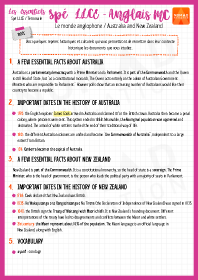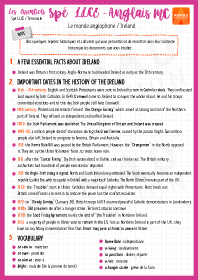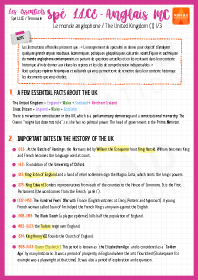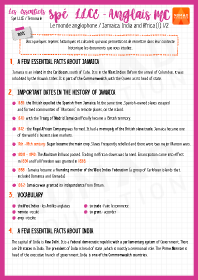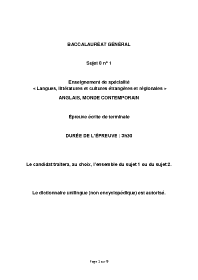The Commonwealth is an organisation of 54 countries, among which Canada, Australia and India. Most of these countries were once part of the British Empire and were ruled from London. It has nearly a third of the world’s population. So what do all these people have in common? The head of the Commonwealth is the Queen and they also share a common language : English! Approximately 400 million people speak English as their native language (English is spoken in Ireland and the USA, which are not part of the Commonwealth), but an estimated 2 billion people use English. Needless to say, English is spoken very differently across the globe.
Even in England the Queen’s English is changing and according to an article published on the BBC website in 2016, it is "losing some of its polish – a change that reflects some fundamental changes in British society." In the same way, RP (= "received pronunciation"), also known as "standard British pronunciation" or "BBC English" is evolving. A BBC journalist even jokingly wondered "Is the Queen becoming frightfully common ?"
English is also the global language of business and to make it easier for business people to communicate, "Globish" has emerged. According to an article published in Forbes magazine, it is a simple form of English made up of "a list of 1500 English words, that you can use to communicate just about anything"! The journalist goes on to ask: "Is this really a language? Or is it really a kind of pidgin, a stepping stone to a language?"
However UNESCO fears that with the spread of English, native tongues in Commonwealth countries are at risk of disappearing altogether. For example, when Australia was first colonized, there were about 250 languages spoken on that continent. Nowadays, very few people speak an indigenous language. New Zealand, where speaking the Maori language was once banned, has tried to revive this language. The government has decided that by 2025, Te Reo, the Maori language, would be taught in all primary schools.
In 2019, Canada, where indigenous languages were also disappearing, passed the Indigenous Languages Act, hoping to "reclaim, revitalize, strengthen and maintain Indigenous languages in Canada".
Even in the United Kingdom, "Welsh, Irish, Cornish and Gaelic are staging a comeback" (The Independent, 2013). For example in 1993, Parliament passed the Welsh Language Act which established that Welsh and English would be treated equally in Wales. In 2005, the Scottish Parliament passed the Gaelic Language Act "with a view to securing the status of the Gaelic language as an official language of Scotland commanding equal respect to the English language."
Language is not the only thing that has the power to unite and divide people within a country. Some holidays and national celebrations have also become controversial. In an article published on November 27, 2019 in The Independent, a journalist pointed out that "For many Americans, Thanksgiving is a special, beloved holiday for eating turkey [ … ] and spending time with friends and family. However, for others, the celebration is deeply controversial ". For Native Americans it marks the beginning of the genocide perpetrated by white settlers on their ancestors. In the same way, many places in America now refuse to celebrate Columbus Day : the City of Los Angeles for example has replaced it with Indigenous Peoples Day.
Monuments erected in memory of historical figures or events linked to the Civil War and slavery in the US have also come under fire. Many such monuments have, in recent years, been removed because today they are seen "as an offensive reminder of America's history of slavery and racial oppression." (The BBC). However, Lawrence Kuznar, a professor of anthropology declared in the Washington Post : "Destroying or removing monuments is the easy way out of our obligation to understand our past and improve our future. Monuments to our nation’s racism can be as much a tool to counter it as they can be a tool to foment it. The choice and obligation is ours."
In the UK in June 2020 during the Black Lives Matter protests against racism and police brutality, demonstrators tagged a statue of Winston Churchill with the words "was a racist". In Bristol a group of people toppled the statue of Edward Colson, a $17^{th}$ century slave-trader whose wealth contributed to the city's growth. "Home Secretary Priti Patel, Britain’s interior minister, said it was “sheer vandalism.”” but Bristol's black mayor declared : "as the descendant of Jamaicans who were enslaved at some point, and this man was a slaver, I won’t deny that the statue was an affront to me.” A Guardian journalist wondered after this : "Why not start by replacing Colston’s statue with a big bold artwork that recreates the cargo deck of the Brookes?"
